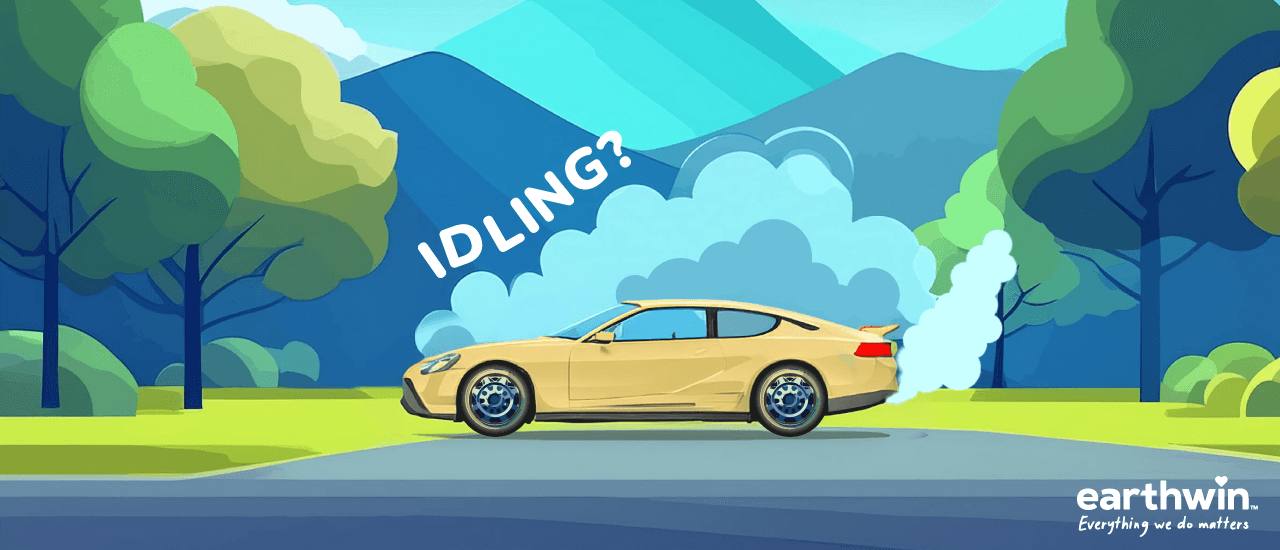
In today’s world, where sustainability is a growing concern, small actions can lead to significant impacts. One such action is reducing unnecessary vehicle idling. While driving fuel-powered cars may be necessary for many, especially in areas with limited public transportation, reducing idling time can make a substantial difference for the environment and public health.
Personal Experiences
My parents often idle their car while waiting or looking up directions. They don't always understand the severity of idling's impact. Idling for a few minutes may seem insignificant, but it contributes to climate change, air quality deterioration, and fuel wastage.
Health and Environmental Impact
When vehicles idle, they emit carbon dioxide, nitrogen oxides, and particulate matter. These pollutants harm human health, especially in children and the elderly, and contribute to respiratory diseases. In school districts, projects to reduce idling have highlighted the issue, particularly during school pick-up and drop-off times when many cars idle, polluting the air.
Initiatives and Engagement
Through the Earthwin Challenge, awareness about idling has been successfully raised. Engaging with parents and explaining the harmful effects of idling has led to positive responses. An infographic titled "STOP IDLING. $AVE MONEY!" highlights key facts:
- What is idling? Keeping the car engine on while the vehicle is not moving.
- Greenhouse gas emissions: Every 10 minutes of idling prevents one pound of carbon dioxide from being released.
- Fuel wastage: Idling for 10 seconds wastes more fuel than restarting the car.
- Engine wear: Idling doubles the wear and tear on the engine.
- Health impact: Over 40 hazardous air pollutants are emitted from engine exhaust.

Economic Perspective
Imagine donating $650 to the gas station just to sit in a car without moving. Reducing idling time conserves fuel and helps mitigate climate change impacts.
Community Health
Poor air quality can lead to respiratory illnesses and exacerbate conditions like asthma. Transportation-related emissions account for roughly 25-30% of city air pollution. This pollution makes exercise harder, worsens health, and contributes to asthma in communities.
Adopting simple practices in daily routines can reduce unnecessary vehicle idling.
Educate yourself and others about idling's detrimental effects on air quality and fuel efficiency. Spread awareness in your community and encourage others to join in reducing idling time and practicing responsible driving.
Get Involved
Support local initiatives and policies to reduce vehicle emissions and promote clean air practices. Engage with policymakers and community leaders to implement idling reduction programs in public spaces.
Reducing unnecessary vehicle idling is not just a matter of environmental responsibility; it's a commitment to improving air quality, conserving resources, and safeguarding public health. By taking proactive steps to minimize idling, we can collectively contribute to a cleaner, healthier, and more sustainable future for all.
Kate Koblegarde
Director of Strategic Communications, Earthwin™


